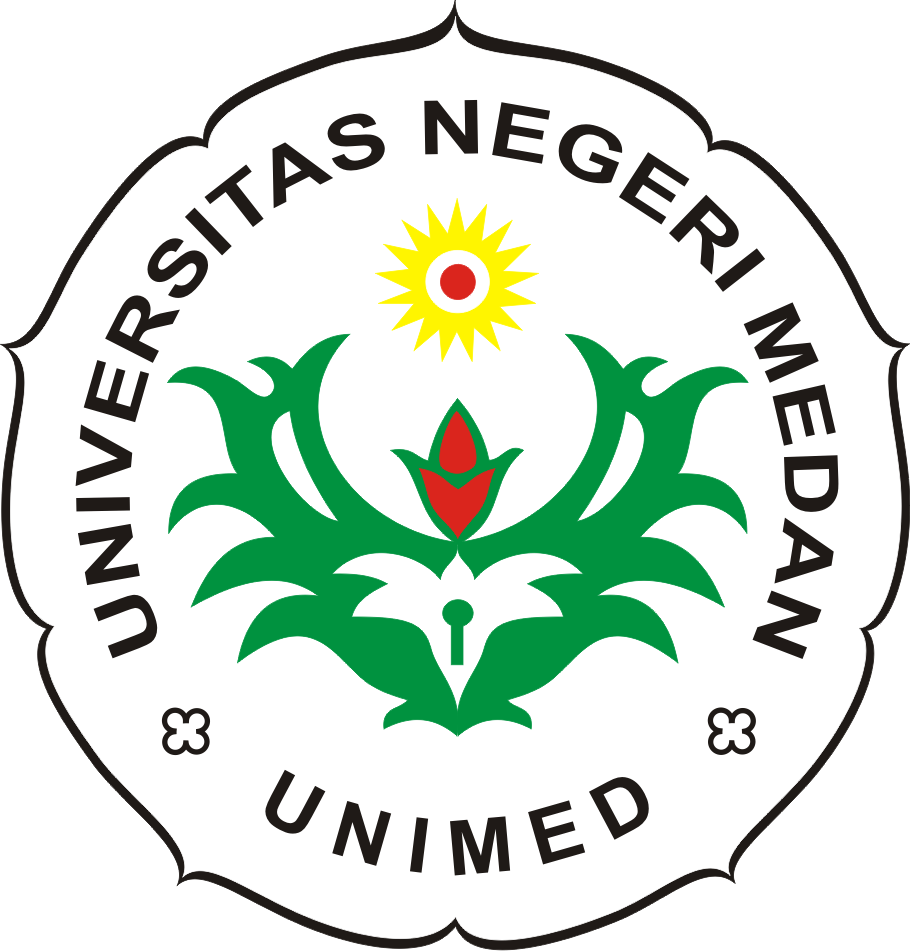KONGLISH BORROWING TRANSLATION IN KOREAN œSWEET & SOUR MOVIE
DOI:
https://doi.org/10.24114/reg.v12i2.46724Abstract
Konglish is a Korean vocabulary adapted from English but pronounced according to Korean pronunciation. The pronunciation usually seems to sound like Korean, but the writing is more towards spelled English. An example is "Big Size" which in Korean becomes ë¹… 사ì´ì¦ˆ (bik-sa-ee-jeu). This analysis focuses on Konglish findings in the Korean film that aired on 2021 entitled Sweet & Sour. "Sweet and Sour" is a captivating romantic comedy-drama film from South Korea, helmed by director Lee Gye-byeok. The purpose of this study is to analyse the various word formation Konglish found in Sweet & Sour films and classify them according to the borrowing characteristics theory from Molina & Albir (2002). The researcher alson want to know the reason behind why the dominant type of Konglish borrowing are found. Molina & Albir (2002) have classified borrowing more detail into two characteristics: (1) pure borrowing, and (2) naturalized borrowing. This research uses the descriptive qualitative method because the results of the analysis presented descriptively. The data analysis technique used is to rewrite the dialogue in the form of a transcript, then take note and analyse the Konglish words contained in the dialogue. The results of this research found around 42 Konglish found in the film "Sweet and Sour" with details: Naturalized Borrowing found 13 times with a percentage of 30.95%. and Pure Borrowing found 29 times with a percentage of 69.04% and the influence of working field as this movie™s background made Pure Borrowing as the dominant type found.Keyword: Borrowing word, Konglish, Naturalized, PureDownloads
Published
Issue
Section
License
Copyright (c) 2023 Rita Hartati

This work is licensed under a Creative Commons Attribution-NonCommercial-ShareAlike 4.0 International License.
Authors who publish with this journal agree with the following terms:
- Authors retain copyright and grant the journal right of first publication with the work simultaneously licensed under a Creative Commons Attribution License that allows others to share the work with an acknowledgment of the work's authorship and initial publication in this journal.
- Authors are able to enter into separate, additional contractual arrangements for the non-exclusive distribution of the journal's published version of the work (e.g., post it to an institutional repository or publish it in a book), with an acknowledgement of its initial publication in this journal.
- Authors are permitted and encouraged to post their work online (e.g., in institutional repositories or on their website) prior to and during the submission process, as it can lead to productive exchanges, as well as earlier and greater citation of published work (See The Effect of Open Access).
- This work is licensed under a Creative Commons Attribution-ShareAlike 4.0 International License.






